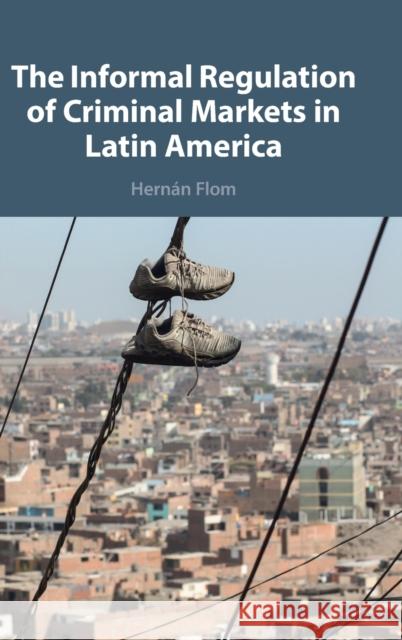The Informal Regulation of Criminal Markets in Latin America » książka
topmenu
The Informal Regulation of Criminal Markets in Latin America
ISBN-13: 9781009170727 / Angielski / Twarda / 2022 / 300 str.
The Informal Regulation of Criminal Markets in Latin America
ISBN-13: 9781009170727 / Angielski / Twarda / 2022 / 300 str.
cena 368,21
(netto: 350,68 VAT: 5%)
Najniższa cena z 30 dni: 363,06
(netto: 350,68 VAT: 5%)
Najniższa cena z 30 dni: 363,06
Termin realizacji zamówienia:
ok. 22 dni roboczych.
ok. 22 dni roboczych.
Darmowa dostawa!
This book shows how police and politicians in Latin America informally regulate drug markets using corruption and violence.











